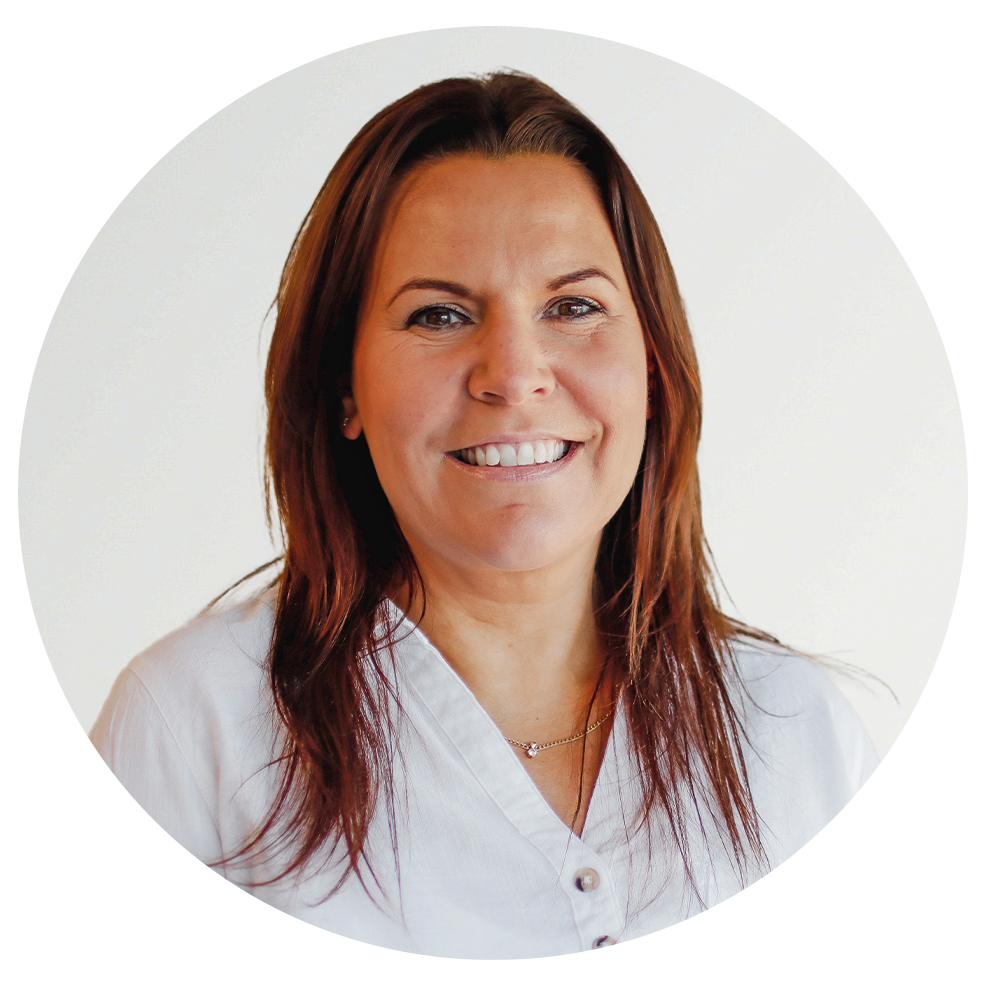What do we really know about fibromyalgia?
In this session we will explore the chronic condition known as fibromyalgia in more depth. We will be discussing what it is, how it is best managed and how we can support the person managing the condition, but how we can also support for their carers.
Learning Outcomes
- To learn about fibromyalgia and what is known about the cause
- To understand the symptoms and impacts of fibromyalgia on those we care for
- To find out what are the current treatment options are for fibromyalgia
- To find outhow carers can support a person with fibromyalgia
- To find out what other support is available for the person with fibromyalgia
Meet our Experts

Sarah has always had a keen interest in Tissue Viability since becoming a registered nurse in 2002. Her experience varies from within a community setting, where she completed her Tissue Viability based degree in 2007. She then worked within the private sector to gain additional advanced wound care skills whilst working with a medical devices company specialised in wound healing. In 2010, Sarah became a Tissue Viability Nurse and shaped a specialised service within the acute sector for 7 years before returning to the community setting as a TVN.

Dr Amelia Swift is a Reader in Health Professional Education at the University of Birmingham. She is a nurse who has worked in pain management, who’s PhD research explored the neurotransmission of osteoarthritis pain. This consolidated her interest in the physiology of pain, and she continues to champion the idea that if we know how pain is generated in the body, we can make good choices about its management.
People who watched this also watched...
Preventing pressure ulcers from the bottom up
This webinar covers the definition of pressure ulcers, how they form, how to prevent them and pressure care product selection.
Good skin care guidance
Our skin acts as a barrier to our internal systems that are essential for our health and well-being. Within this webinar you will learn about taking positive steps to ensure you are doing all you can for your patients to improve their skin integrity and give the best outcome to prevent any breakdown.
FloorBed: Reducing the risk of falls and promoting independence
This webinar delves into the benefits of the ultra-low function of the FloorBed, drawing insights from case studies. We examine the challenges encountered by users, including transfers and bed falls, and explore how the FloorBed not only provides an effective solution to these challenges but also offers financial benefits.


